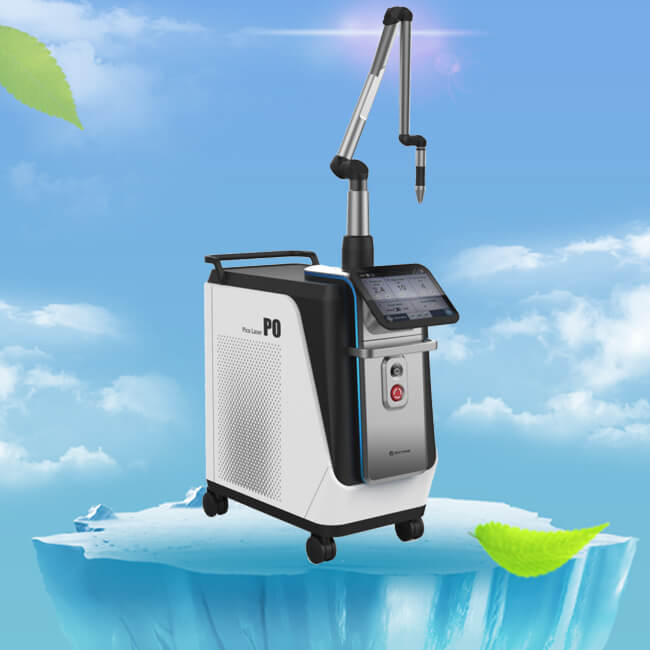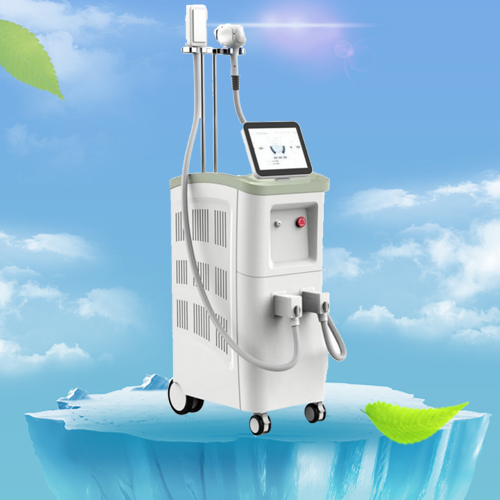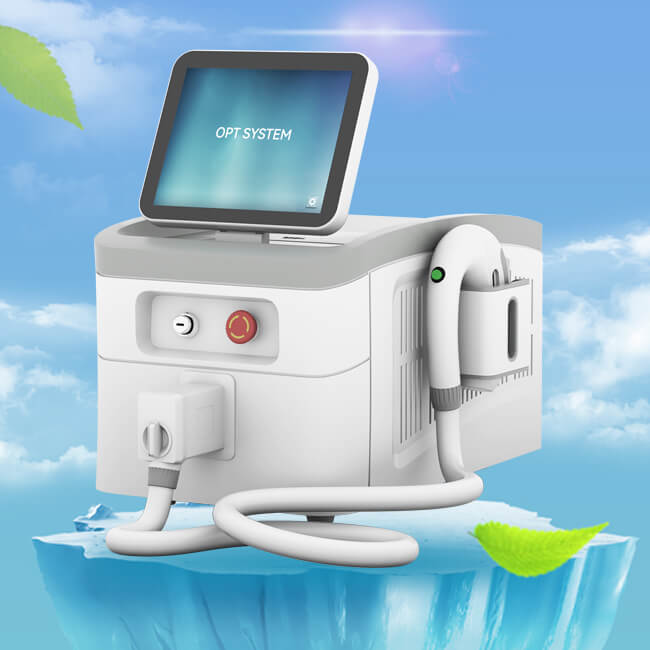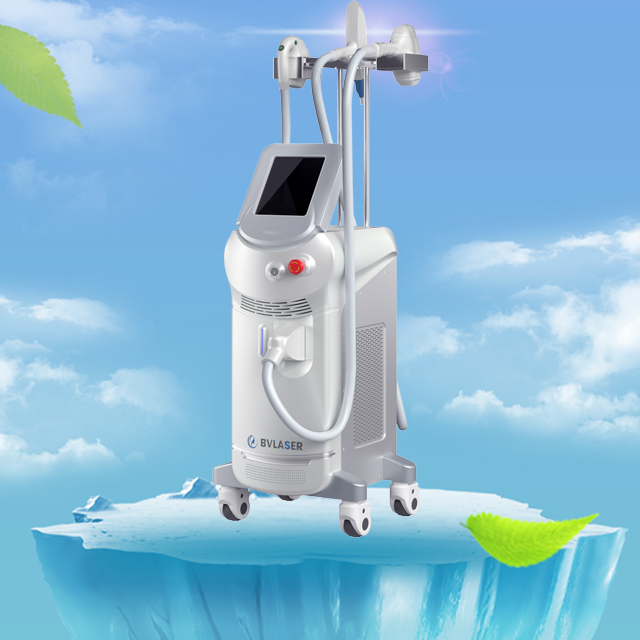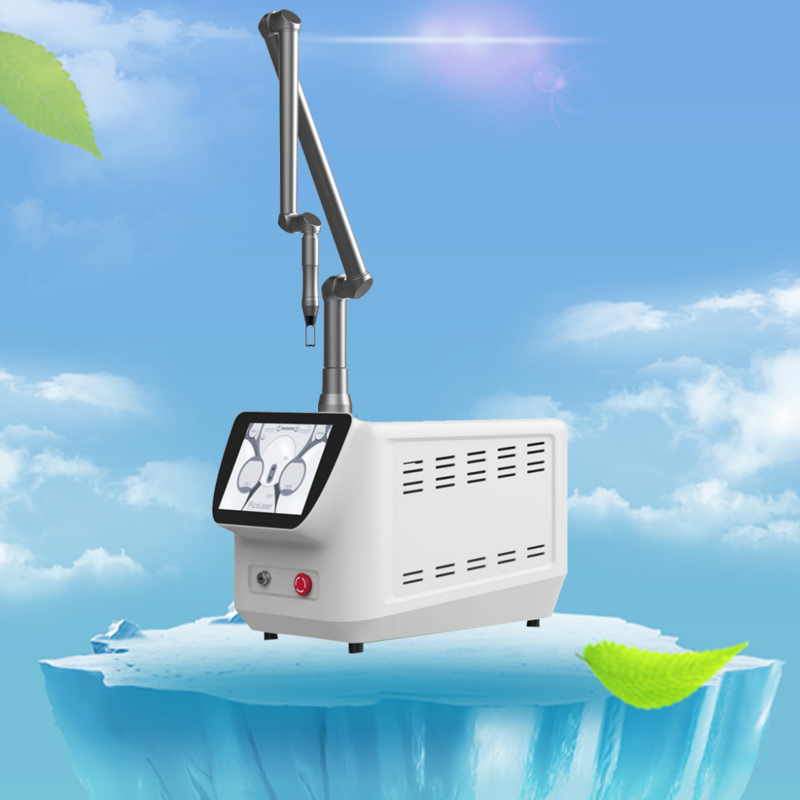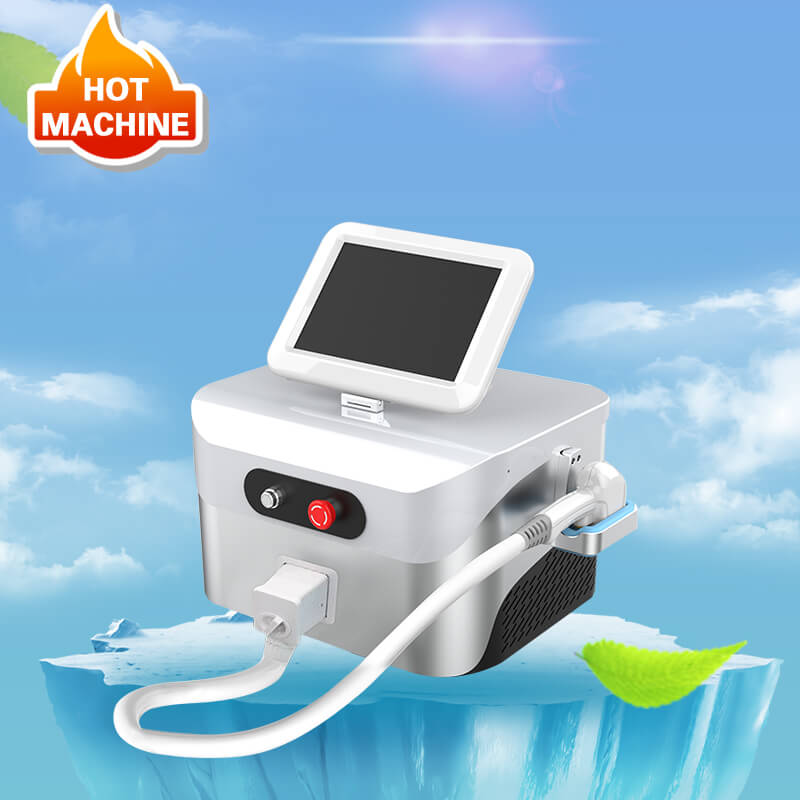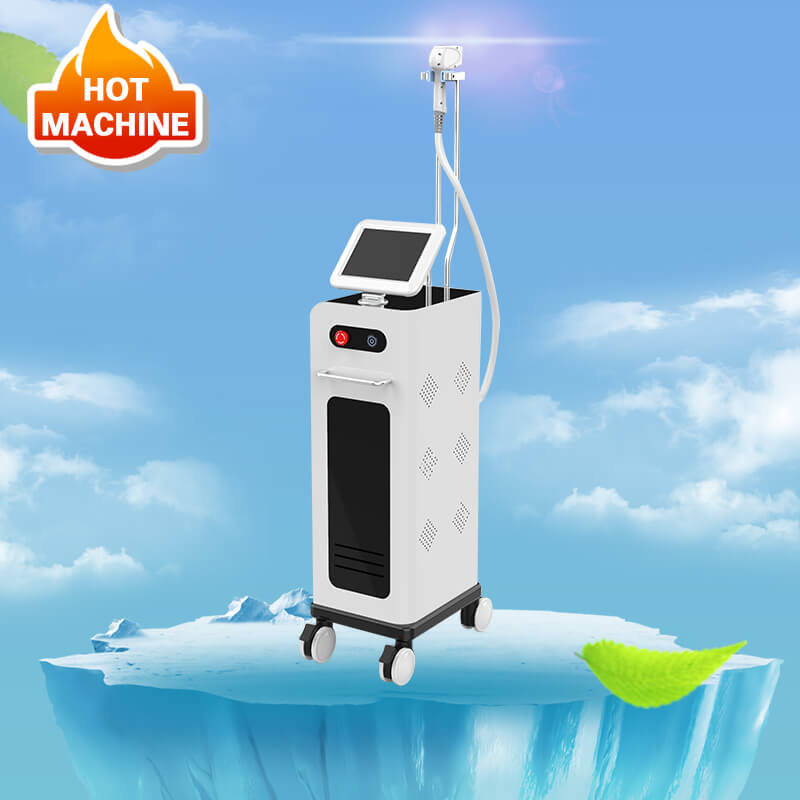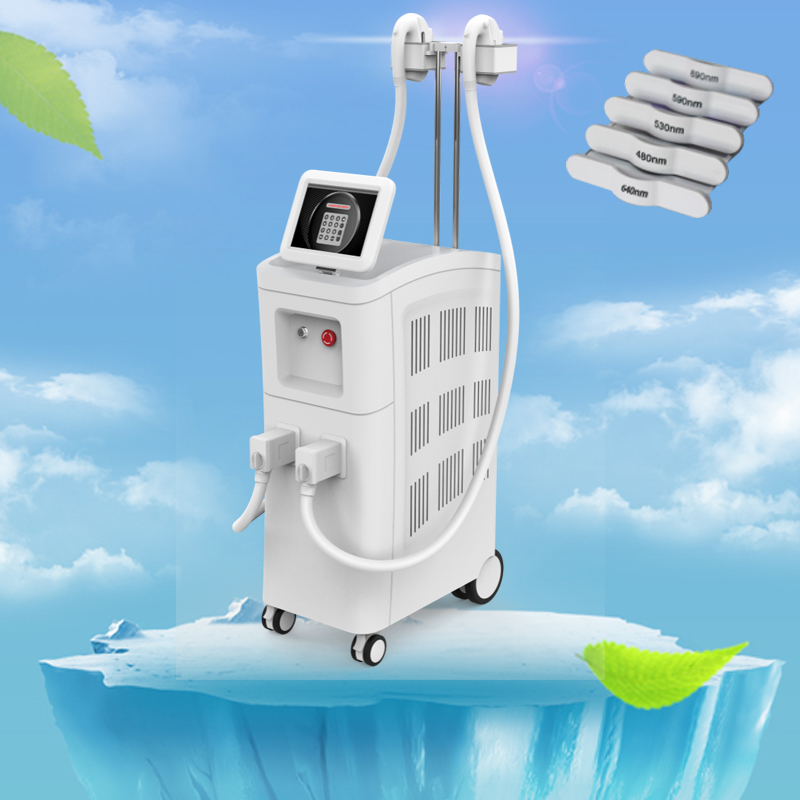How does HIFU compare to other skin rejuvenation treatments?
Author:baishilf Time:2024-01-02 15:46:00
HIFU stands for high-intensity focused ultrasound. HIFU skin tightening machine is a non-invasive treatment that uses ultrasound energy to tighten and lift the skin by stimulating collagen production. HIFU can improve the appearance of wrinkles, sagging skin, and jowls on the face and neck. HIFU is suitable for people with mild-to-moderate skin laxity who do not want to undergo surgery. The procedure takes about 30 to 90 minutes and does not require any preparation or recovery time. The results of HIFU may last for 6 to 12 months, depending on the individual’s skin condition and lifestyle. HIFU is generally safe and effective, but some possible side effects include redness, swelling, bruising, pain, and temporary numbness in the treated area.

Bestview Laser is a HIFU machine professional manufacturer and supplier, we can provide OEM HIFU ultrasound machine.
How does HIFU compare to other skin rejuvenation treatments?
HIFU differs from other skin rejuvenation treatments in several ways, such as:
1. HIFU is more precise than traditional ultrasound, as it targets specific layers of the skin without affecting surrounding tissues.
2. HIFU is more effective than injectables, as it stimulates natural healing and collagen production, rather than providing temporary improvements.
3. HIFU is less invasive than surgical facelifts, as it does not require anesthesia, incisions, or a long recovery period.
4. HIFU is more customizable than microneedling, as it can address various concerns and suit different skin types and tones.
5. HIFU is more durable than thermage, as it produces more lasting results and requires fewer sessions.
6. HIFU is a unique and innovative treatment that offers noticeable and natural-looking results for skin rejuvenation.

What is the difference between HIFU and laser treatments?
HIFU and laser treatments are both non-invasive skin rejuvenation methods, but they use different technologies and target different layers of the skin. Here are some key differences between them:
1. HIFU uses high-intensity focused ultrasound to heat up and stimulate the deep tissues of the skin, such as the muscle and the dermis, which are responsible for skin firmness and elasticity. Laser treatments use light energy to vaporize and remove the superficial layers of the skin, such as the epidermis, which are affected by fine lines, wrinkles, pigmentation, and scars.
2. HIFU can achieve a lifting and tightening effect by stimulating collagen production and contracting the muscle fibers, resulting in a more defined and contoured appearance. Laser treatments can improve the skin texture and tone by removing the damaged and aged skin cells, resulting in a smoother and brighter complexion.
3. HIFU has minimal downtime and side effects, as it does not damage the skin surface or cause any bleeding or scarring. Laser treatments may require some recovery time and care, as they can cause redness, swelling, peeling, and infection in the treated area.
4. HIFU may take longer to show results, as it relies on the natural healing and collagen production process, which can take up to 3 months12. Laser treatments may offer faster results, as they instantly remove the unwanted skin layers and reveal the new skin underneath.
5. HIFU may last longer than laser treatments, as it can produce more durable and stable collagen and muscle fibers, which can resist further aging and sagging. Laser treatments may need more frequent maintenance, as they do not prevent the skin from aging or losing collagen over time.
HIFU and laser treatments are both effective and safe methods for skin rejuvenation, but they have different strengths and limitations. Depending on your skin condition, goals, and preferences, you may choose one or the other, or even combine them for optimal results. If you are interested in HIFU or laser treatments, you should consult with a qualified and experienced provider who can assess your skin condition and recommend the best treatment plan for you.





